For most of the people carrying on a business or profession, maintenance of books of accounts has always been a trick question. There are many misconceptions about the maintenance of accounts under section 44AA of Income Tax Act,1961. An assessee need not maintain the books in every case. Section 44AA of Income Tax Act, 1961 provides for criteria that must be seen in order to decide whether or not to maintain books of accounts.
Who is required to maintain books of accounts under section 44AA Of Income Tax Act?
As per the provisions of section 44AA of Income Tax Act, every person carrying on the below profession must compulsorily maintain books of accounts:
- Legal
- Medical
- Engineering
- Architectural
- Accountancy
- Interior decoration
- Technical consultancy
- Film Artist*
- Authorized representative**
- Company Secretary
* Film Artist includes a producer, editor, actor, music director, dance director, art director, cameraman, singer, lyricist, story writer, screenplay, costume designer, or dialogue writer
** A person who represents another person for a fee before a tribunal or any authority constituted under any law. It does not include an employee of the person so represented or a person who is carrying on the profession of accountancy.
You must maintain the books of accounts if the gross receipts are more than Rs. 1,50,000 in the three preceding years for a person carrying on profession. The same is also applicable to a newly established profession whose gross receipts are expected to be greater than Rs. 1,50,000.
In case the gross receipts of the above-listed professions are not more than Rs. 1,50,000 in any of the three preceding years then the professional need not maintain the books of accounts under section 44AA.
What are the books of accounts as per rule 6F?
You must maintain the following books of accounts as per rule 6F:
- Cashbook
- A record of day to day cash receipts and payments which shows cash balance at the end of the day or at best at the end of each month and not later.
- A journal, if the accounts are maintained according to the mercantile system of accounting
- A journal is a log of all day to day transactions. It is a record, in accounting terms, where total credits equal total debits when we follow the double-entry system of accounting ie each debit has a corresponding credit and vice versa.
- A ledger where all entries flow from the journal has details of all accounts, this can be used to prepare the financial statements.
- Photocopied of bills or receipts issued by you which are more than Rs 25
- Original bills of expenditure incurred by you which are more than Rs 50
Following are the additional requirements in the case of a person carrying on a medical profession — physicians, surgeons, dentists, pathologists, radiologists, etc.
- Daily cash register with details of patients, services rendered, fees received, and date of receipt
- Details of stock of drugs, medicines, and other consumables used
The assessee must maintain these books of accounts at the Head Office or at each of the offices.
For how long the books need to be maintained under section 44AA Of the Income Tax Act, 1961?
As per the relevant provisions, you must maintain the books of accounts for a period of 6 years from the end of the year.
What is the penalty for not maintaining the books of accounts?
In case of a failure to maintain the books of accounts, the assessing officer may levy a penalty under section 271A up to Rs. 25,000. In the case of an international transaction, failure to maintain information and documents for transactions would lead to a penalty of 2% of the value of international transactions.
When is bookkeeping not required under Income Tax Act, 1961?
In the following cases, you need not maintain the books of accounts:
- the total sales, turnover or gross receipts do not exceed Rs. 10,00,000 in all the preceding three years or the total income does not exceed Rs. 1,20,000. In such a case you need not maintain the books of accounts.
- The above also applies in the case of a newly set up profession or business when the income expected is less than Rs. 1,20,000 of the sales, turnover, or gross receipts are less than Rs. 10,00,000.
- an individual and Hindu Undivided Family carrying on business or profession, the monetary limits of income and total sales, turnover, or gross receipts have been increased from Rs. 1,20,000 to Rs. 2,50,000 and from Rs. 10,00,000 to Rs. 25,00,000 respectively.
- the total income is more than Rs. 1,20,000 or total sales, turnover, or gross receipts are more than Rs. 10,00,000 in all the preceding 3 years, the assessee must maintain such books of accounts and records which will help the assessing officer compute their taxable income.
- a taxpayer having turnover less than Rs 25 Lakh and total income above the basic exemption, need not maintain the books of accounts as per 44AA.
- professional businesses covered under section 44AE (relating to goods carriages) and 44AD need not maintain any books of accounts. However, for taxpayers who claim that their income from the business is lower than the presumed income calculated as per that section, the taxpayer must maintain books of accounts specified under section 44AA.
- the taxpayer shifts from the presumptive taxation under section 44AD/44ADA to normal taxation. Further, he/ she shows their income below the basic exemption limit of Rs. 2,50,000. In such a case he/ she must maintain the books of accounts under section 44AA.
Example on applicability of section 44AA of Income Tax Act:
Let us understand the applicability of section 44AA with the help of a few examples.
Suppose Amit is a person carrying on profession as a film producer. His gross receipts from the profession are as below:
Financial year 2017-18 – Rs. 2,00,000
Financial year 2018-19 – Rs. 1,50,000
Financial year 2019-20 – Rs. 1,18,000
In the present case, Amit is a person who is carrying on profession as a film producer which is a notified profession as per section 44AA. Since his gross receipts in all three years do not exceed Rs. 1,50,000 the requirements of section 44AA are not applicable to Amit.
Can a person engaged in a profession as prescribed under section 44AA(1) adopt the presumptive taxation scheme under section 44AD?
A person who is engaged in any profession as prescribed under section 44AA(1) cannot adopt the presumptive taxation scheme of section 44AD. The assessee can opt for the taxation scheme as per section 44ADA. Moreover, you must declare 50% of gross receipts as your presumptive income. Section 44ADA is applicable only for resident assessee whose total gross receipts of profession do not exceed fifty lakh rupees.
Do I need to maintain any records or proof of earnings?
The assessee needs to maintain the proofs of earning for every source of income for the purpose of calculating the income by the assessing officer. Even if the specified documents are not kept, there should be reasonable records that will help the officer to calculate the income.
What are the Audit Requirements Under Section 44AA?
A chartered accountant needs to conduct an account audit for taxpayers who belong to the following categories:
| Taxpayer Category | Which Audit is Necessary? |
| Individuals under Section 44AE’s presumptive income scheme | If the presumptive income exceeds the business income as per Section 44AE |
| Individuals involved in business | Gross receipts, turnover or sales exceed INR 2 crore |
| Individuals under Section 44AD’s presumptive income scheme | If the business income falls below the presumptive income threshold outlined in Section 44AD, and the individual’s total income surpasses the minimum tax exemption limit. |
| Individuals involved in a profession | Gross receipts exceed INR 50 lakh |
What are the Due Dates for the Submission of the Audit Report and Auditing of Records?
| Taxpayer Category | Statement Form | Audit Form | Submission Due Date (Assessment Year) | Audit Due Date (AY) |
| Individuals involved in a profession or business requiring a compulsory audit | Form 3CD | Form 3CA | 30 September | 30 September |
| Any other individual not belonging to the above category | Form 3CD | Form 3CB | 30 September | 30 September |
How Long Do You Have to Maintain 44AA Documents?
Professionals must retain their accounting records for at least six years after the assessment year ends. This is crucial because tax assessments can be reopened under Section 147 of the Income Tax Act, and the AO may request these documents. Additionally, professionals should maintain separate accounting records for different work locations.
Exceptions under Section 44AA of the Income Tax Act
Following are the exceptions to Section 44AA of the Income Tax Act:
- When income from an existing profession is less than INR 1,20,000, or the turnover/total sales are below INR 10,00,000.
- The same rules apply to a newly established business with gross turnover/sales less than INR 10,00,000.
- Taxpayers who switch from presumptive taxation under Sections 44AD and 44ADA to normal taxation (provided their income is also below the basic exemption limit).
- Professional businesses, such as goods carriage, are exempt from maintaining account books under Section 44AE.
Related Articles
- Who is required to maintain books of accounts under section 44AA Of Income Tax Act?
- What are the books of accounts as per rule 6F?
- What is the penalty for not maintaining the books of accounts?
- When is bookkeeping not required under Income Tax Act, 1961?
- Can a person engaged in a profession as prescribed under section 44AA(1) adopt the presumptive taxation scheme under section 44AD?
- Do I need to maintain any records or proof of earnings?
- What are the Audit Requirements Under Section 44AA?
- What are the Due Dates for the Submission of the Audit Report and Auditing of Records?
- How Long Do You Have to Maintain 44AA Documents?
- Exceptions under Section 44AA of the Income Tax Act
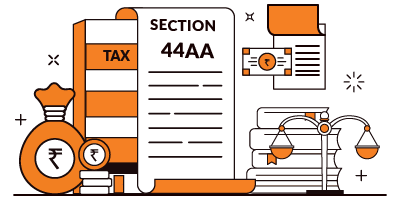











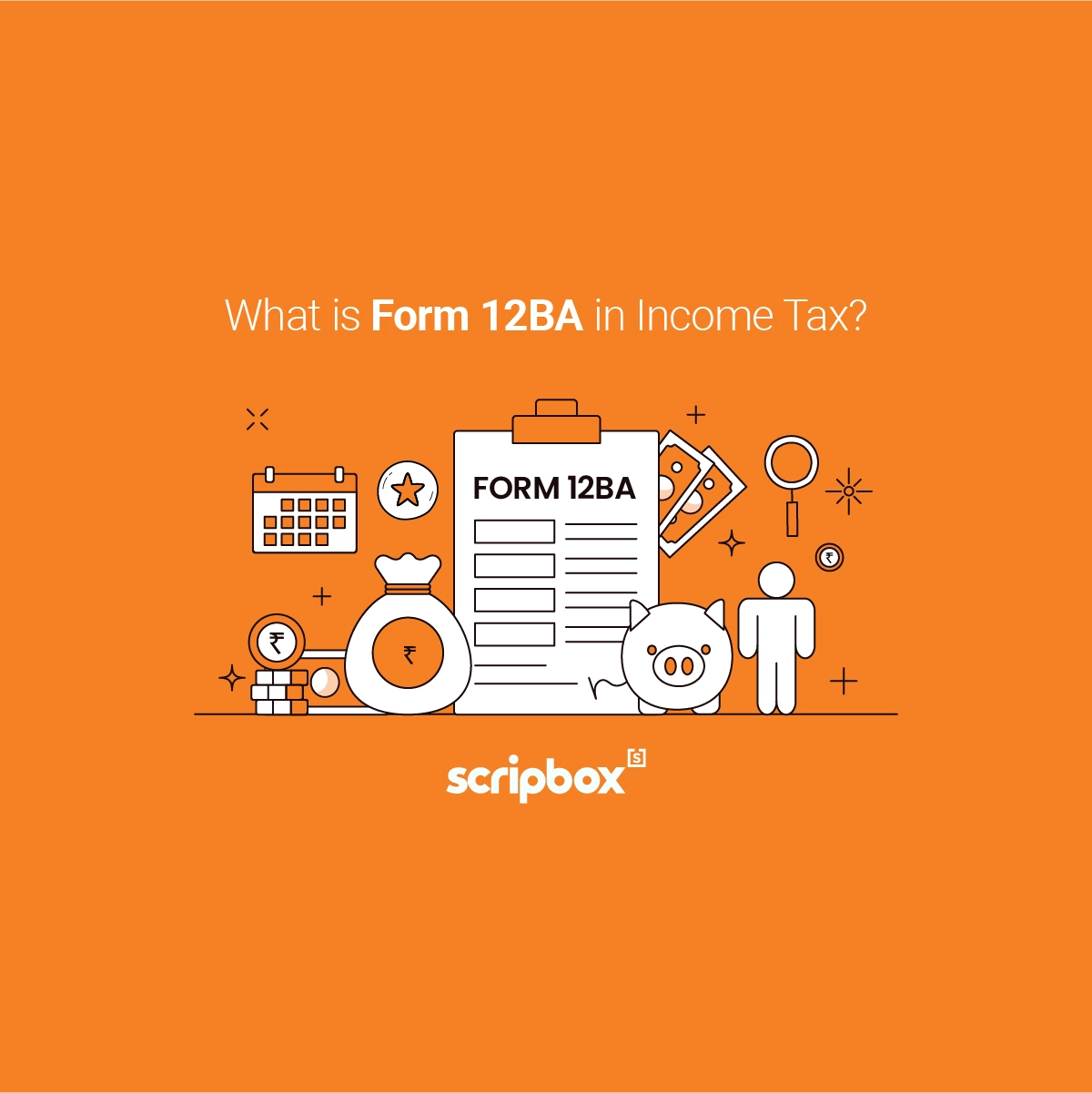
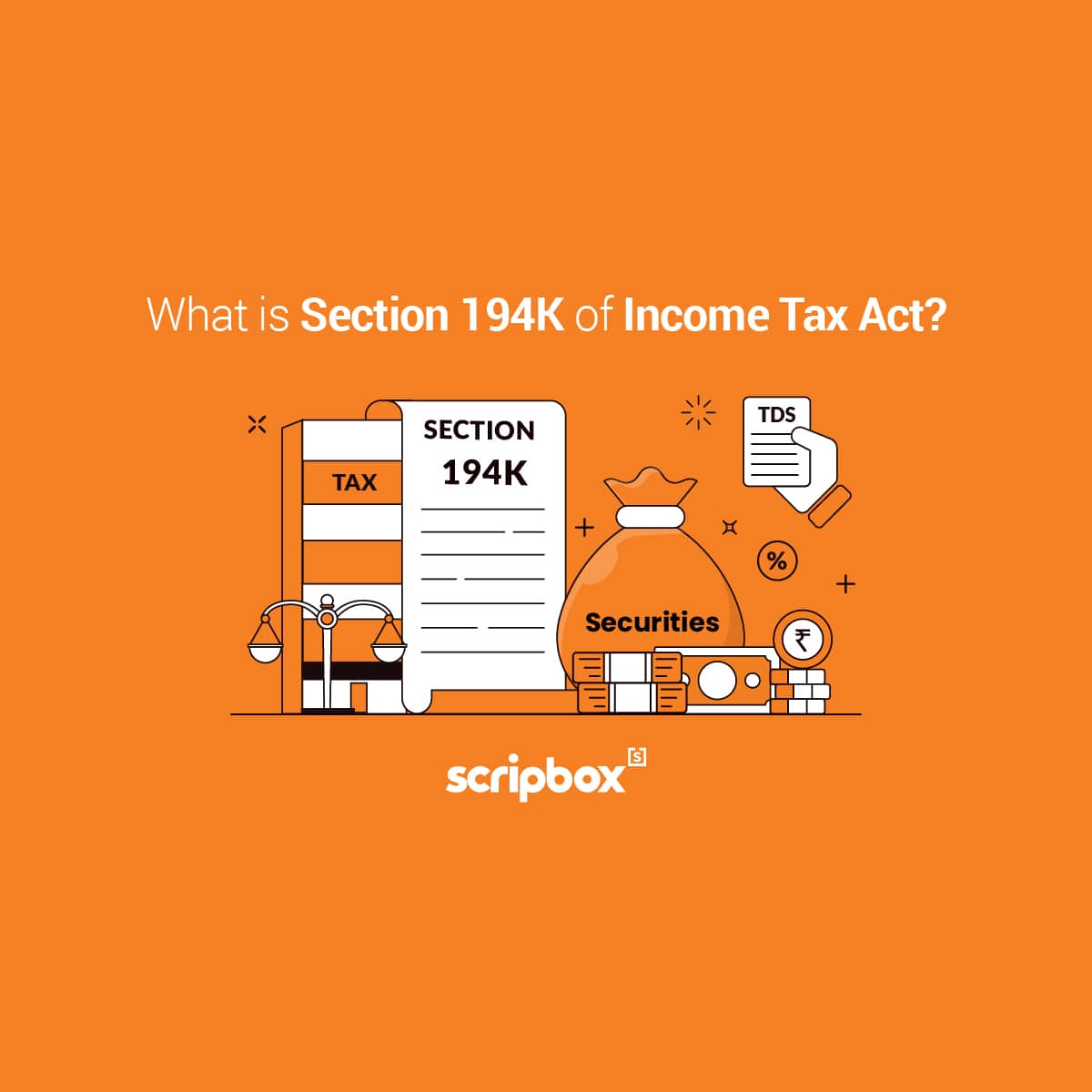
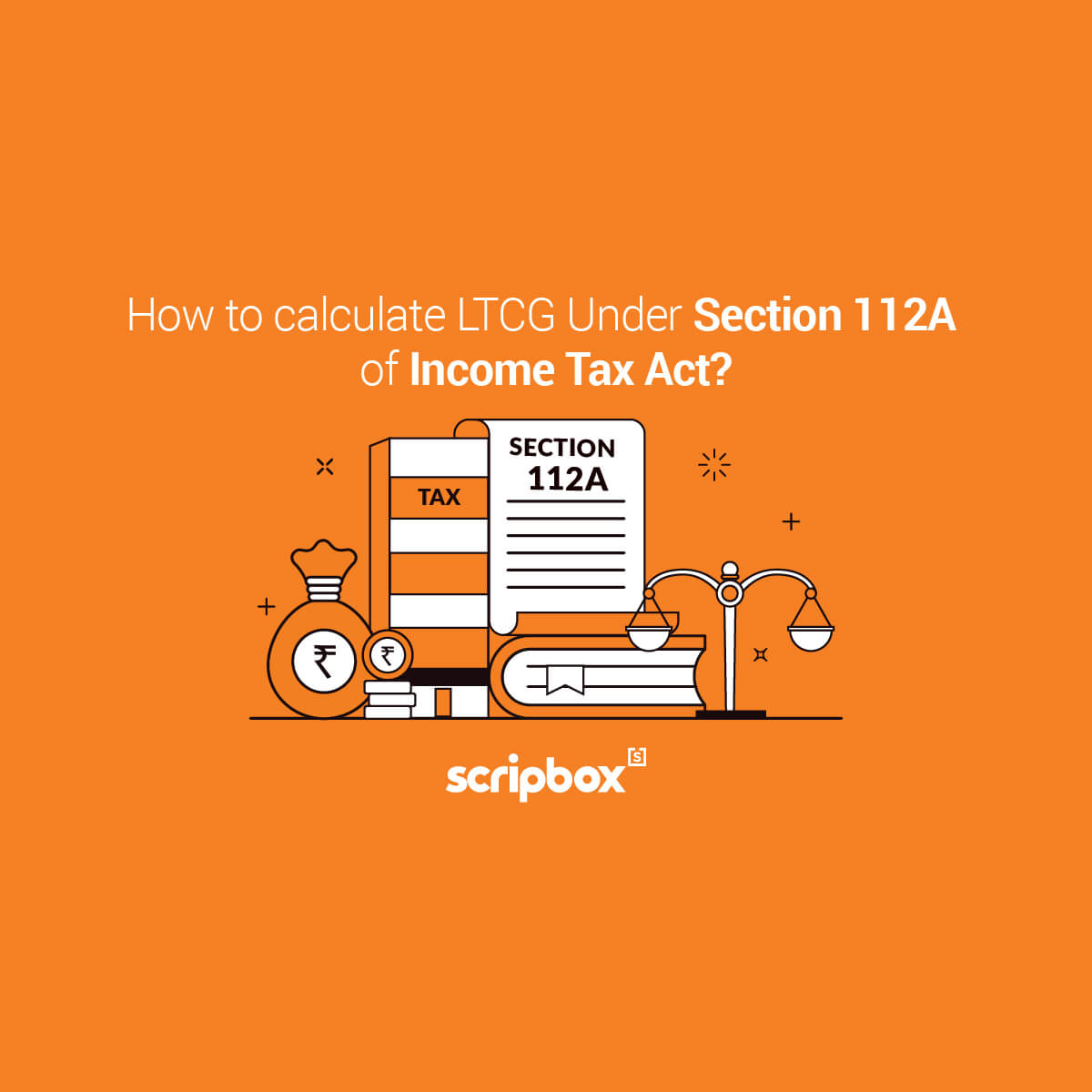
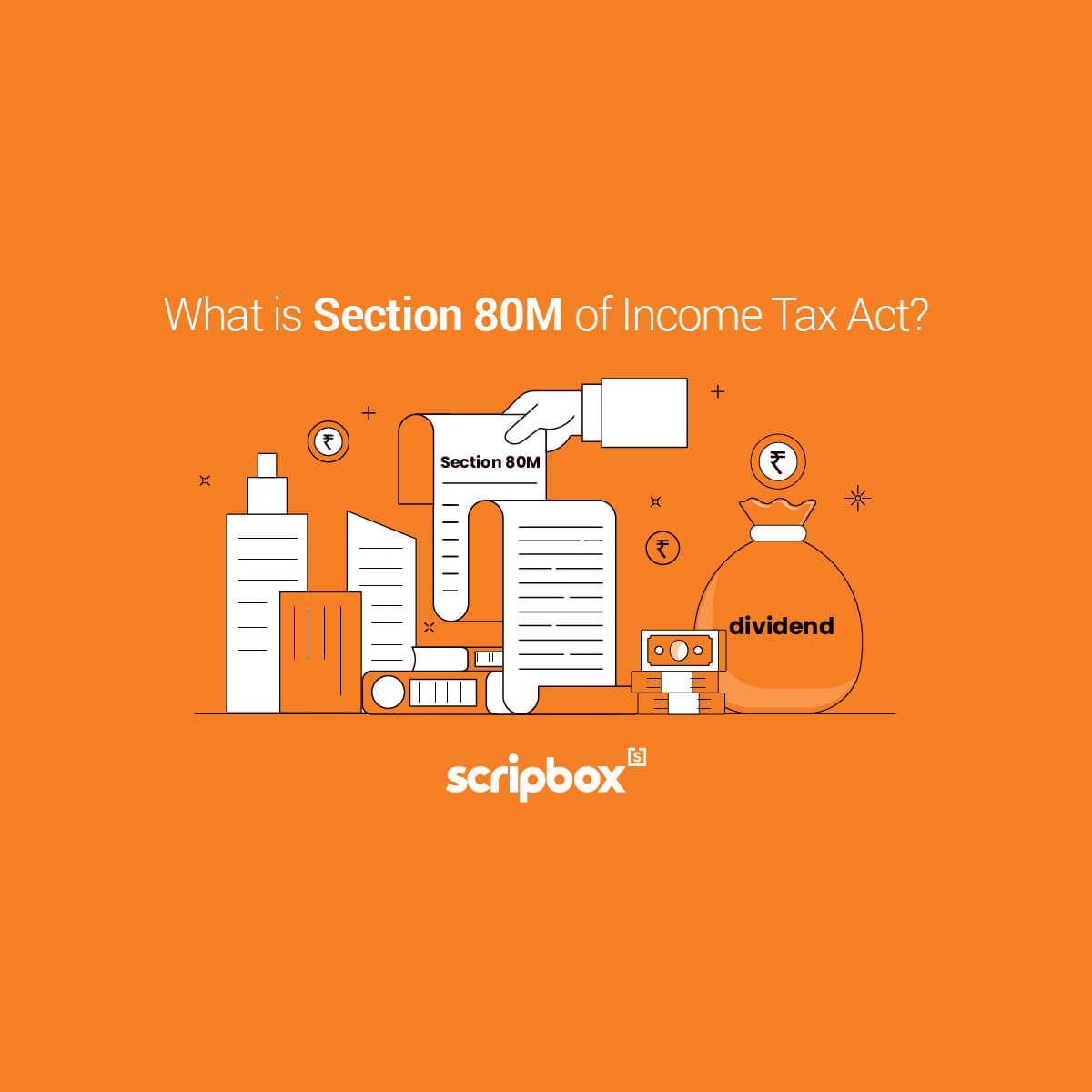
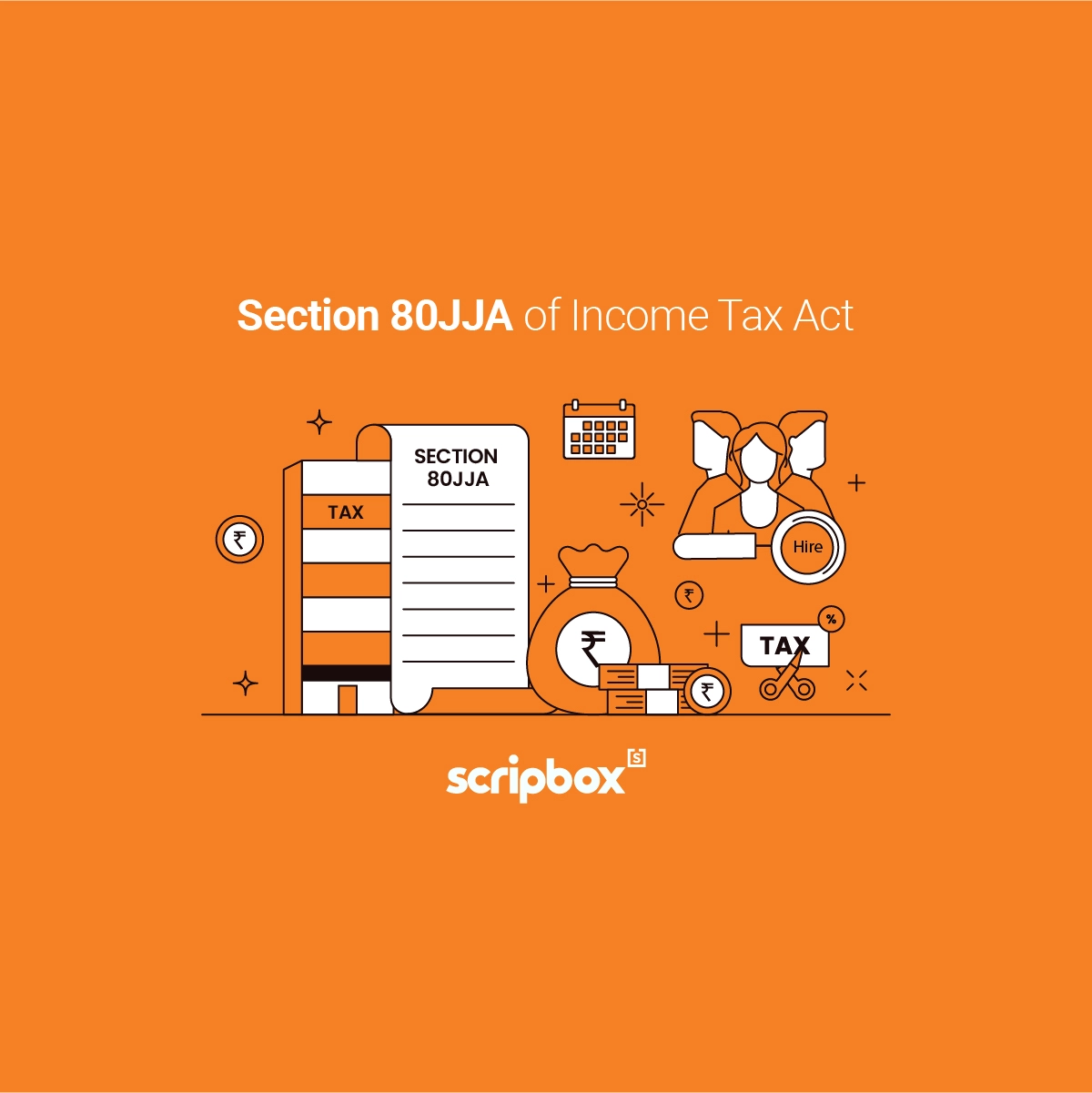
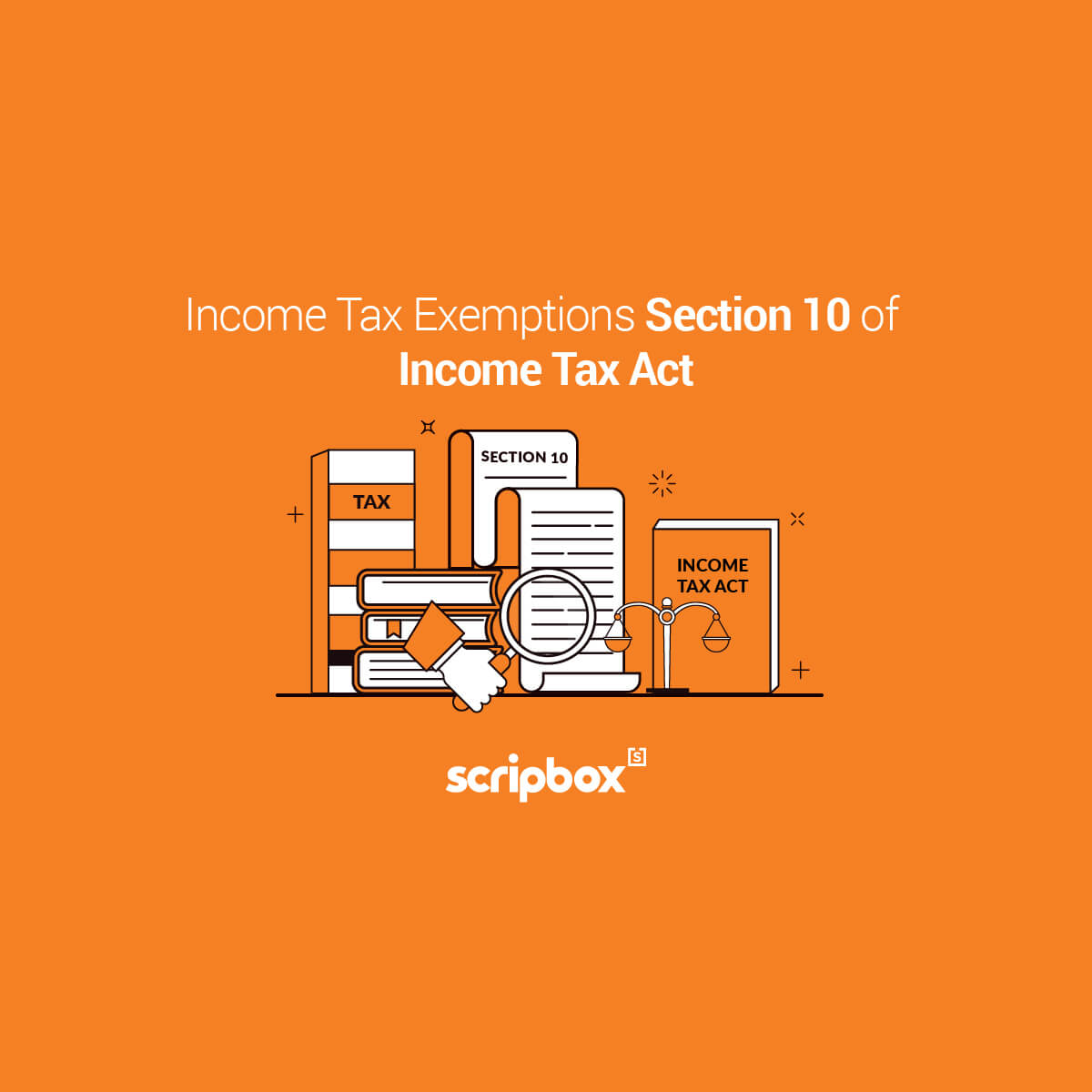






Show comments